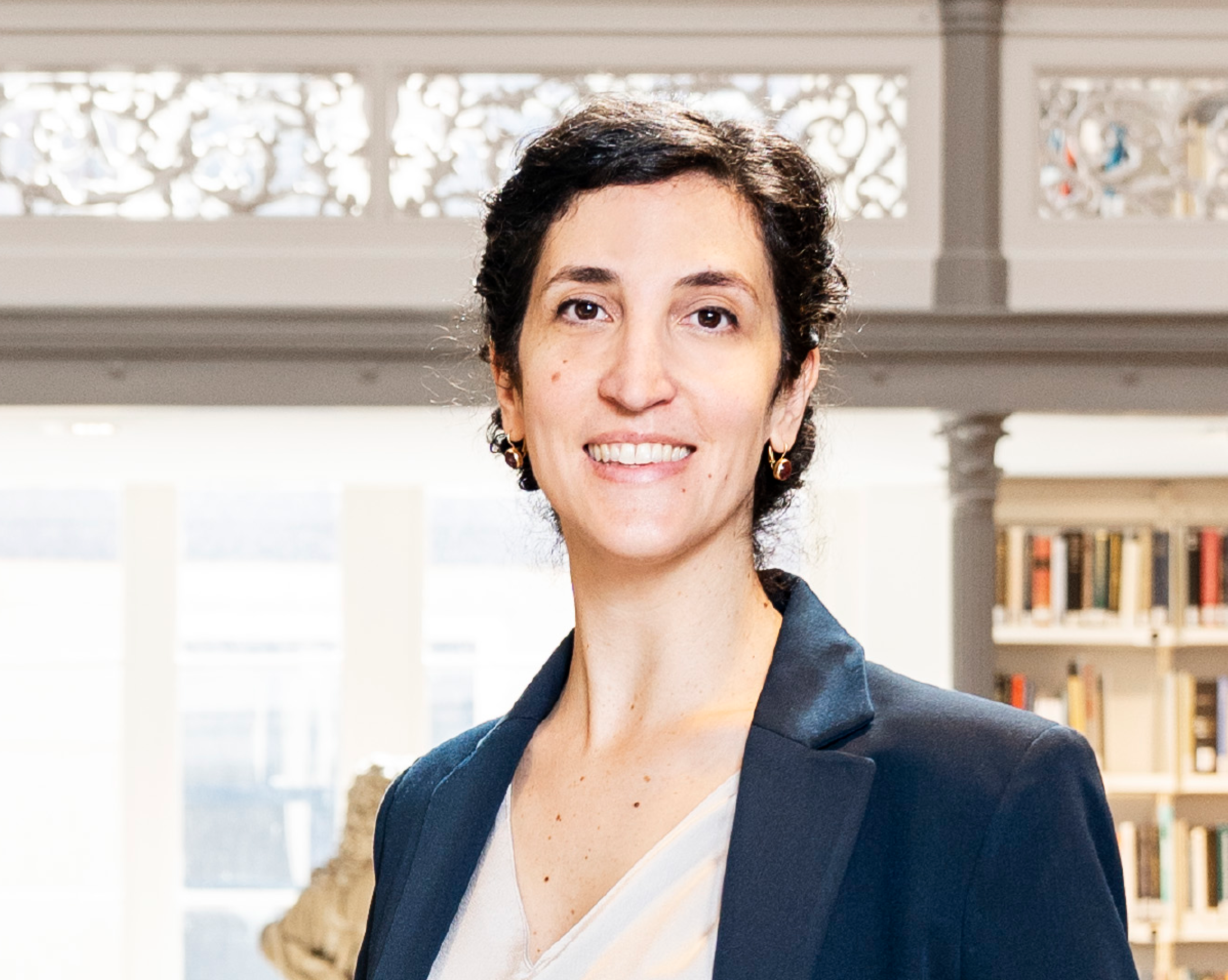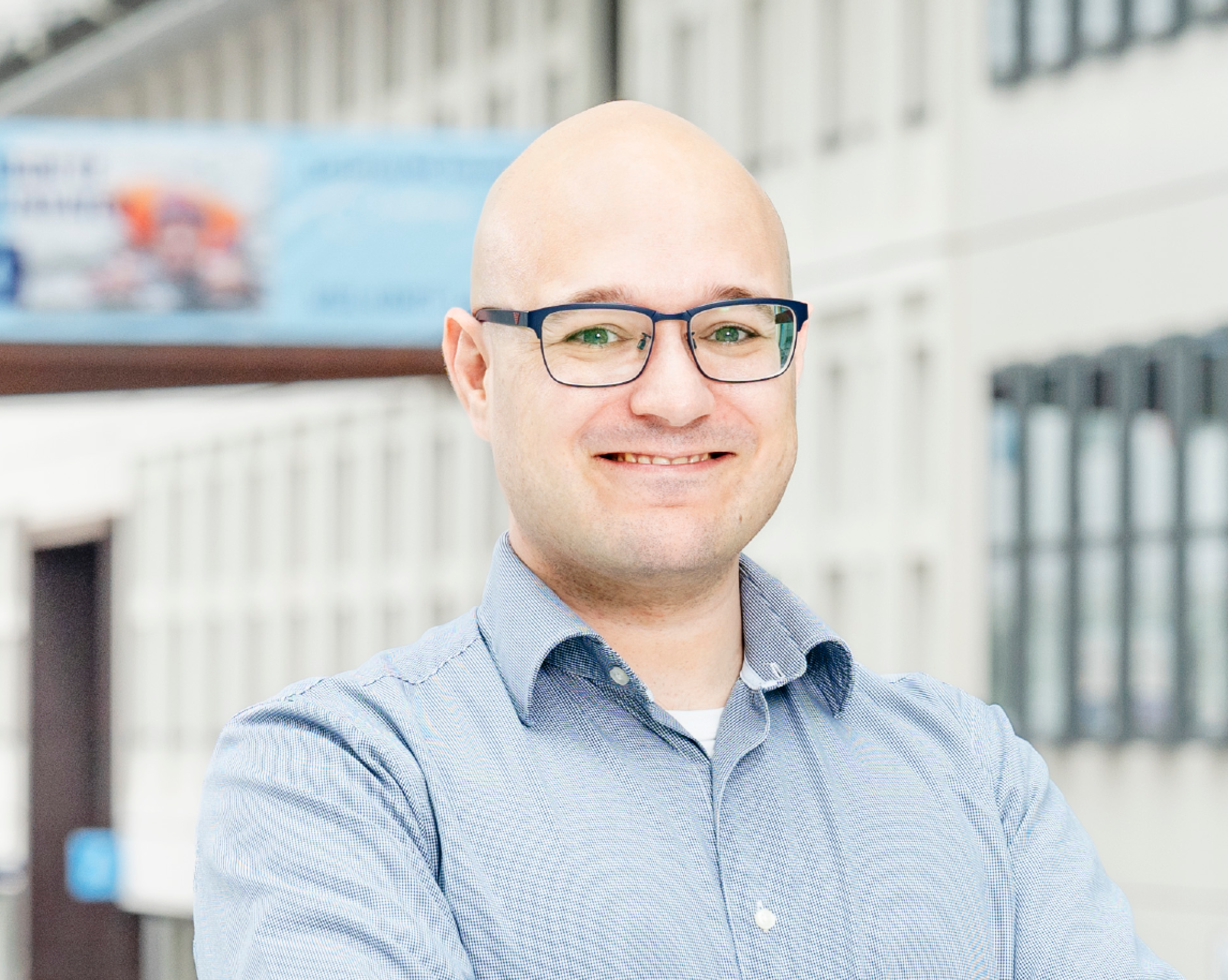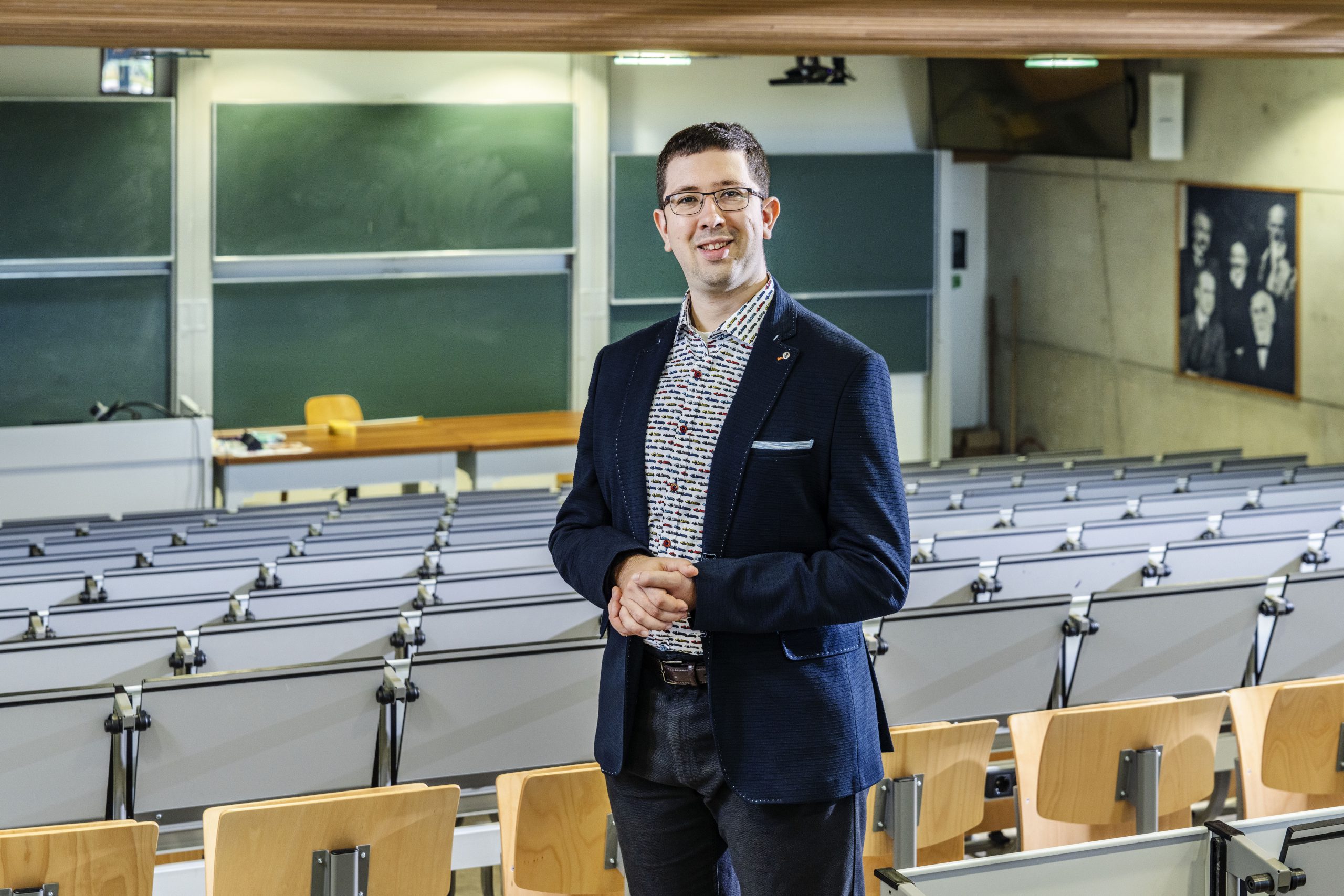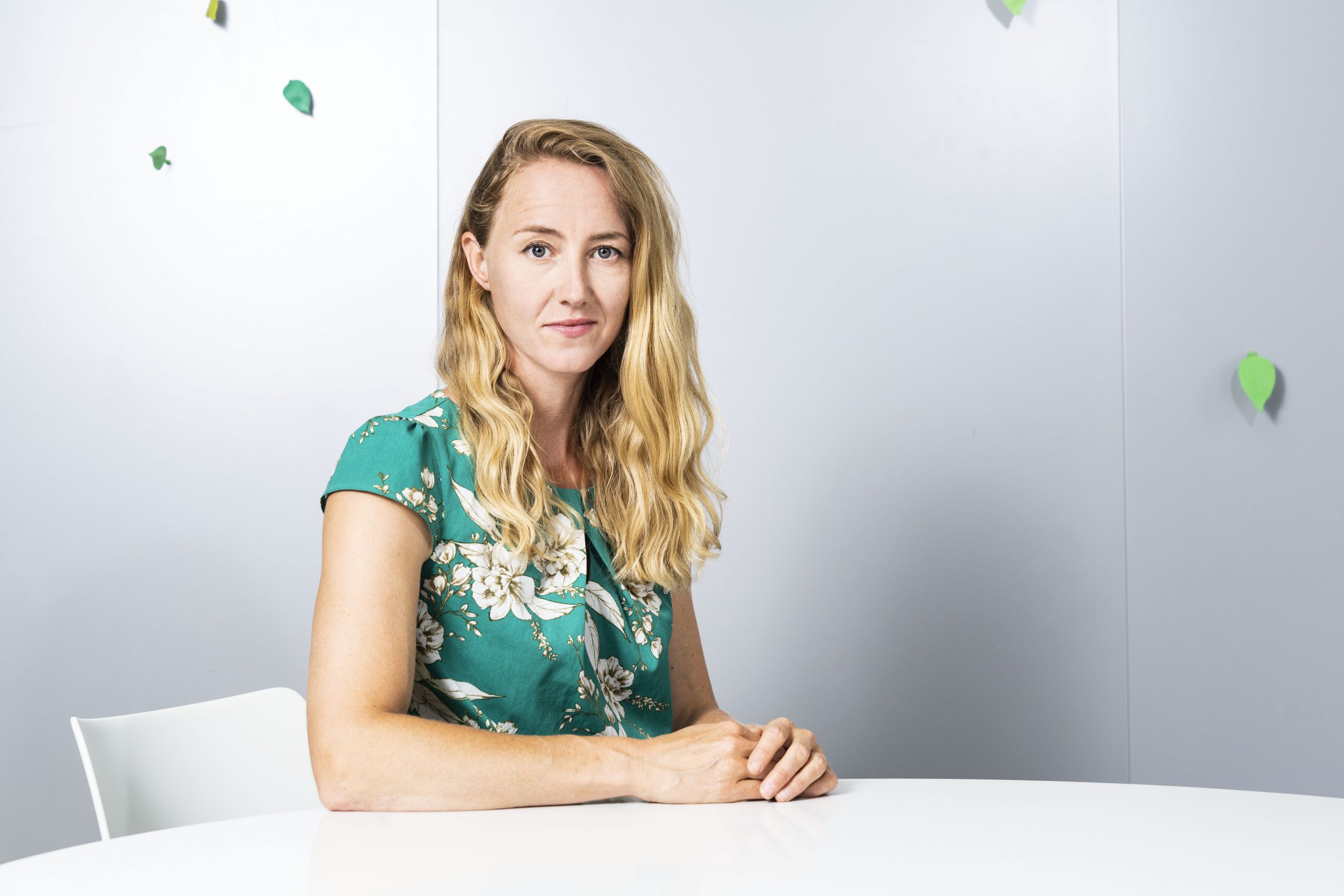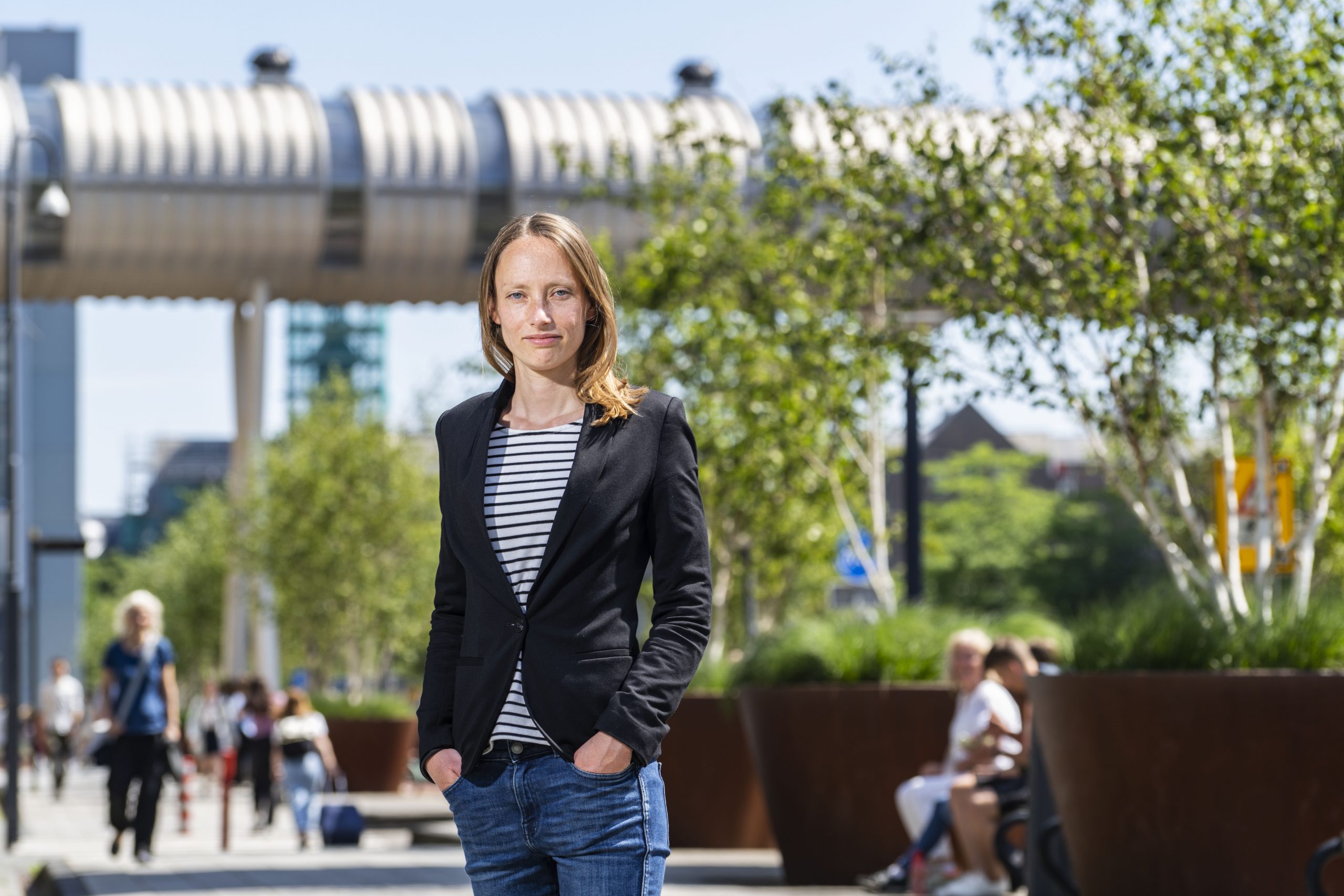Laureate of the Heineken Young Scientists Awards
Manon van Scheppingen
Job Ramselaar2024-07-09T16:00:12+02:00Manon van Scheppingen (1988), a university lecturer in developmental psychology at Tilburg University, is the recipient of the Heineken Young Scientists Award in the Social Sciences. The jury praises the quality and impact of her research into the influence of major life events, such as having a child and getting married, on personality change in young adults. Today, thanks to Van Scheppingen’s research, we better understand the origins of differences in personality.
Charlene de Carvalho-Heineken established the Heineken Young Scientists Awards in 2010 to honour young scientific talent for their outstanding achievements. Since then, the prize has been awarded every two years to four highly promising young researchers affiliated with a Dutch university or research institute and who are working in one of the following domains: Medical/Biomedical Sciences, Humanities, Natural Sciences, and Social Sciences. Each laureate receives an unrestricted cash prize of €15,000 as a reward.
About the study
Manon van Scheppingen studies personalities, focussing on how people think, feel, and behave. Specifically, she investigates how personality develops during adulthood and the influence of significant life events, such as having a child, getting your first job, or moving in together.
For example, Van Scheppingen explored whether the transition to parenthood leads to a more mature personality, including more self-control and emotional stability. This proved not to be the case: on average, parents were found to develop no differently from their peers without children. Nevertheless, the study did show that parenthood can indeed bring about change. For instance, she observed that some new parents, particularly mothers, temporarily experience lower self-confidence. She plans to further investigate the causes of this phenomenon in the coming period.
Another of Van Scheppingen’s discoveries is about romantic partners. Despite the common saying that opposites attract in romantic relationships, people still usually select a partner with similar personality traits. In the future, Van Scheppingen hopes to use her work to give more people insight into their own personalities, enabling them to apply this self-knowledge when making important life choices.
Jury honours social impact and multidisciplinarity
The jury praises Van Scheppingen for her multidisciplinary expertise. She knows how to make an impact with her research by combining insights from developmental psychology, demography, and sociology. She effectively reaches a non-scientific audience, sharing her knowledge through media and public lectures. In addition, the jury appreciates Van Scheppingen for the way she manages to respond to social developments, such as with her research into the development of loneliness as a result of lockdowns during the COVID-19 pandemic.
About Manon van Scheppingen
Manon van Scheppingen (born 1988) studied remedial education at VU University Amsterdam. In 2018, she received her PhD in developmental psychology from Tilburg University. During her PhD, she researched how personality develops in the context of parenthood and romantic relationships. Following a postdoctoral position at the University of Amsterdam, she has been a university lecturer in the department of Developmental Psychology at Tilburg University since 2019.
Video
Manon van Scheppingen, university lecturer


